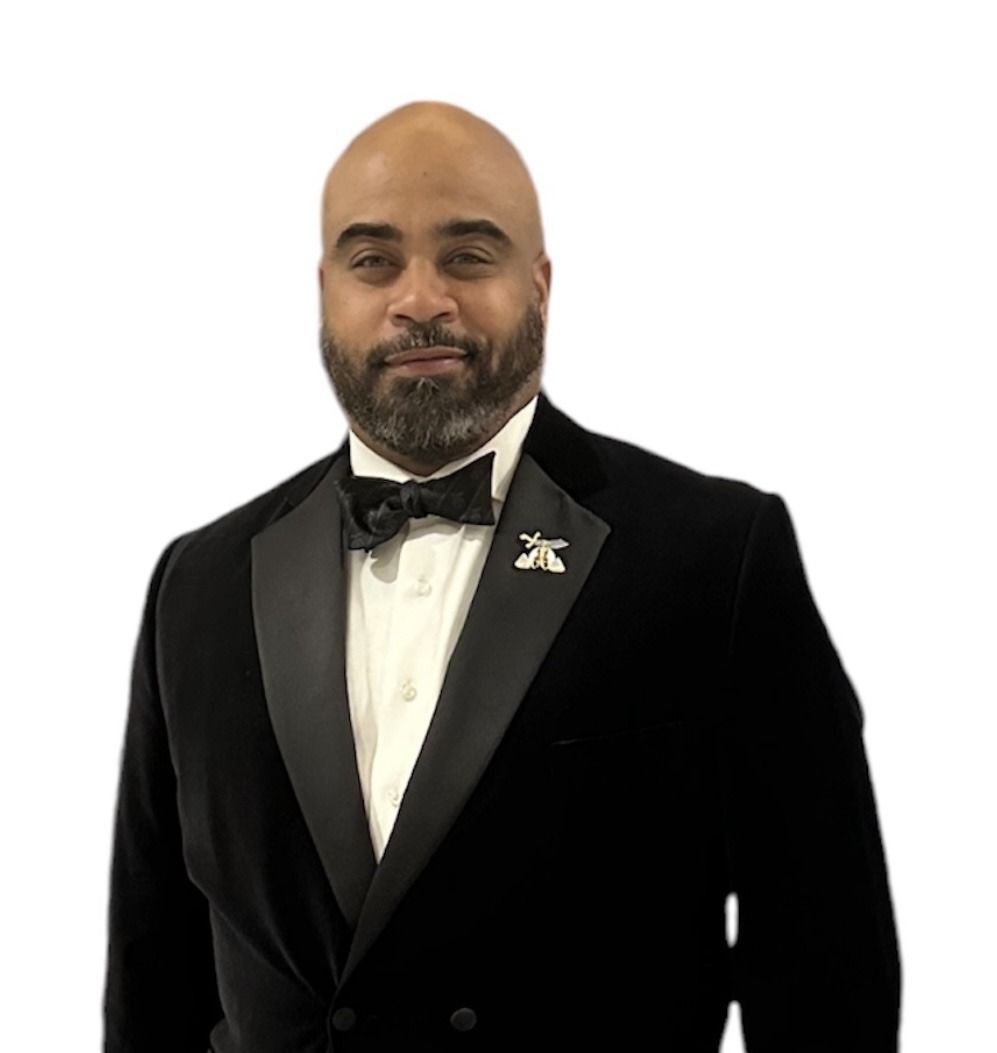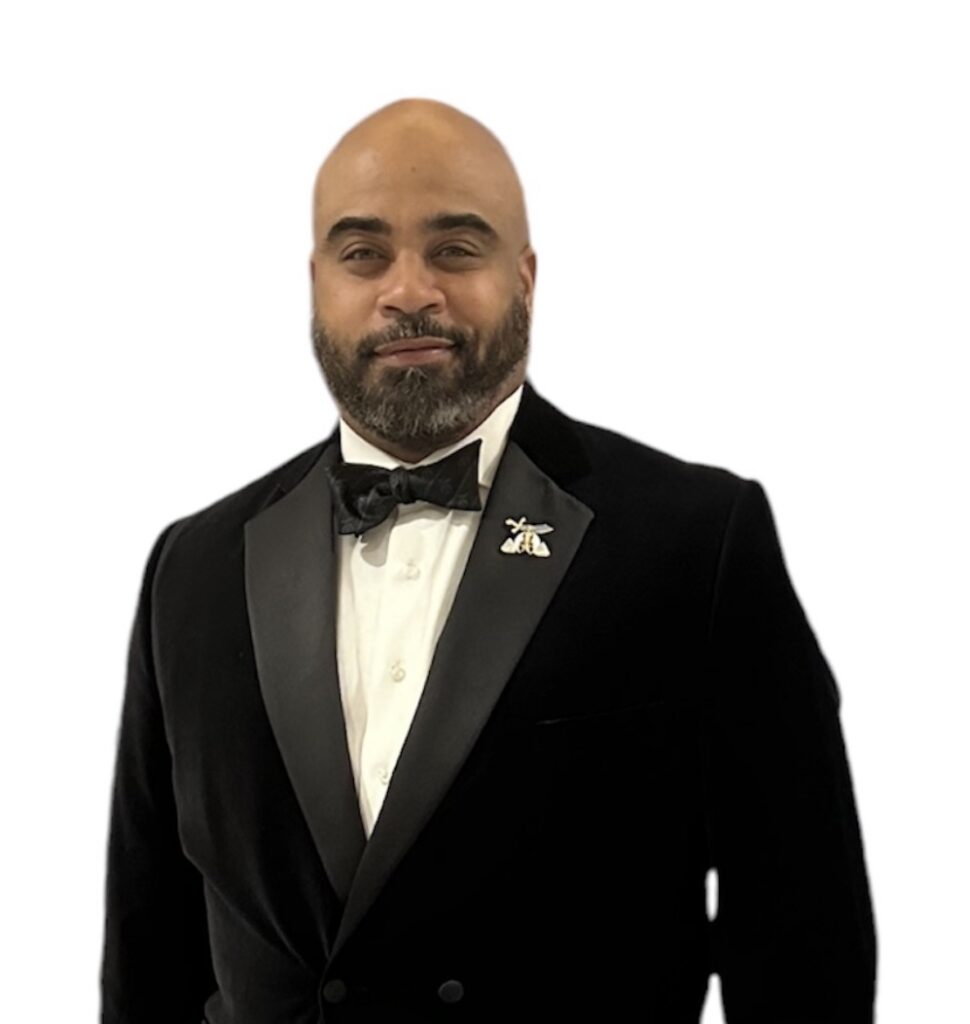
For Dr. Martin Jones, writing is more than an art—it is a reckoning, a means of survival, and an unfiltered chronicle of resilience. His life has been defined by service—20 years in the United States Army, law enforcement, and executive security. But in the quiet moments, between the battlefields and the call of duty, writing became his most profound mission.
From his early days in Baltimore to his deployments across the globe, Dr. Jones has lived through the weight of history, war, and personal sacrifice. Now, as an author, he seeks to translate those experiences into words that can serve, heal, and inspire. “My writing journey began from my own personal experience from my time in the war and my injuries and my personal struggles with my recovery,” he shares. Each page of his work is a testament to the battles he fought—not just on foreign soil but within himself.

Writing Through Trauma: A Journey of Unfiltered Truth
For many, storytelling is an escape. For Dr. Jones, it is a confrontation with memory. His book-in-progress is a deeply personal account of his military career, his transition into civilian life, and the struggles he endured along the way. “My challenges in writing have been recalling some of the major experiences that have happened and the order that some have happened,” he admits.
Memory, particularly when intertwined with trauma, is not linear. Writing has forced Dr. Jones to relive moments he once buried, making his process slower, but also more cathartic. He describes writing as both therapy and an act of preservation—his way of offering the world an “uncut look” at who he is and how he arrived at this point.
The Weight of Legacy: Impact and Influence
As Dr. Jones continues to refine his manuscript, he is aware that his story is not just his own—it belongs to the countless veterans who never got the chance to tell theirs. His writing does not glorify war or sensationalize its brutality. Instead, it offers an honest, raw perspective on what it means to serve, sacrifice, and survive.
His impact, he believes, will come from authenticity. “I think that the impact that my writing will have on my readers is an uncut look at who I really am and the journeys that I’ve traveled to get to where I am now,” he says. Through his words, readers will not only learn about his battles but about perseverance, redemption, and what it truly means to rebuild a life after war.
Diversity and Inclusion in Storytelling
As a Black veteran, Dr. Jones understands the importance of representation in literature. While military narratives are plentiful, many fail to capture the full spectrum of experiences, particularly for Black soldiers and service members of color. “Diversity in literature matters because stories like mine are often overlooked,” he says. His work seeks to fill that gap, offering perspectives that are not always included in mainstream military memoirs.
Beyond race, Dr. Jones is committed to addressing the mental and emotional struggles that soldiers face post-service. The transition from the battlefield to civilian life is often painted in broad strokes, but his writing delves into the nuances—PTSD, physical injuries, and the silent battles that continue long after the war is over.

Finding Balance: Writing as a Tool for Healing
For someone who has spent a lifetime in high-stress environments, writing has become Dr. Jones’ unexpected sanctuary. Balancing writing with life, however, has been a challenge. “For me, finding the right work-life balance has been difficult,” he acknowledges. “But I’ve found that when things get rough and the stress sets in, that’s when I do my best writing.”
This emotional intensity has shaped his creative process. Writing is not just a task but a necessity—a space where he processes his past and finds clarity in his present. The periods of high stress are when his most honest and prolific work emerges, often surprising him with how much he has written once the moment of tension subsides.
Advice for Aspiring Writers: The Power of Passion
When asked what advice he would offer to those looking to make their mark in the literary world, Dr. Jones keeps it simple: “Find something that you are passionate about and build on that.” Passion, he believes, is the foundation of every great story. Without it, writing becomes just words on a page. But with it, a writer can craft something transformative—something that speaks to readers on a deeper level.
Looking Ahead: The Journey to Completion
For now, Dr. Jones remains focused on finishing his book. “I don’t have any new projects in mind yet—I’m still working on completing the one I’m working on,” he says. He is not in a rush. His story is not one to be rushed. Every chapter, every memory, every carefully chosen word is a step toward something greater—a book that will not only document his journey but will serve as a guide for others navigating their own transitions from war to peace, from duty to identity.
A Message to Readers: Writing as Therapy
To those who feel hesitant about telling their stories, Dr. Jones has a simple message: “Writing has been more therapy than anything else. It has been a big part of my personal recovery and healing, which is why it has taken me so long to complete my book.”
Healing, after all, is not linear. Neither is storytelling. But for Dr. Jones, the process of writing has been as vital as the story itself. And when the book is finished, it will not just be a memoir—it will be a legacy.
About Dr. Martin Jones
Dr. Martin Jones is a retired Staff Sergeant in the United States Army, a former police officer, and an executive security professional with over three decades of service. Born and raised in Baltimore, he has served in every conflict since the first Gulf War and continues to advocate for veterans as the founder of Project HOPE Foundation, a nonprofit dedicated to providing advocacy and support services.
In addition to his military and law enforcement background, Dr. Jones is a trained chef and humanitarian, using his culinary skills to serve meals to homeless veterans in Baltimore during the holiday season. He has also provided executive protection for notable figures, including Dr. Opal Lee, the “Grandmother of the Juneteenth Movement.”
Currently, Dr. Jones is working on his debut book, a memoir that chronicles his experiences in the military and his transition to civilian life. As a devoted father and grandfather, he is committed to leaving a lasting legacy through his work, both in service and in literature.






